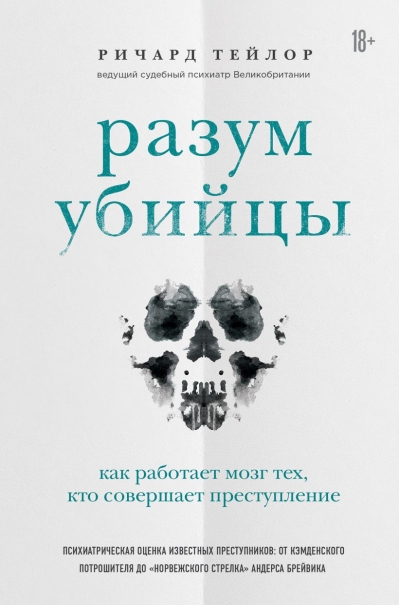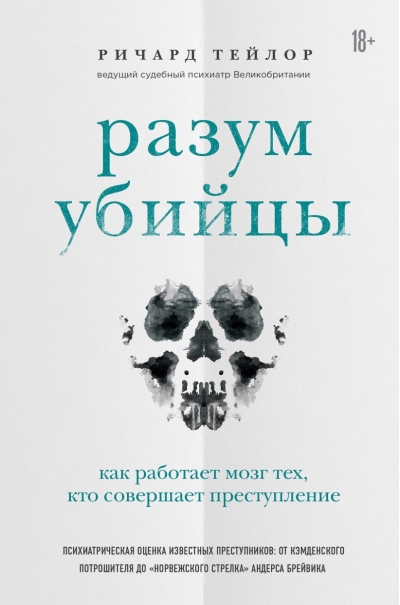The Mind of a Killer: How the Brains of Those Who Commit Crimes Work
14.99 €
In stock
The central question that forensic psychiatrist Richard Taylor has asked throughout his career might be: why do people kill? In his book, he discusses sexual and violent, financially motivated, psychotic and mass crimes, infanticide and terrorism-related murders. It is an inside look at one of the rarest of professions, and an attempt to unravel the motivations of people who commit serious crimes. How is it decided what happens to a person after an accusation? How does a forensic psychiatrist work with the offender and what happens to those who are found insane? What can be done to prevent tragic events from happening again? You will learn how a psychiatric evaluation of a criminal occurs, as well as notorious cases in which the author has been involved as a forensic psychiatrist. Forensic psychiatrists are a small group of doctors whose main job is to find out the motives of the person in custody and determine why a crime was committed. Working in this field requires strong nerves, a good stomach, an understanding of legal and psychiatric language, and the ability to look into the abyss and not recoil when you see a real monster at its deepest depths. To understand the kind of person sitting in front of him, the forensic psychiatrist usually asks him various questions: about his family, his job, or his new interests.
- Why do people kill?
- Where should a person in custody be placed: in a psychiatric hospital or in prison?
- Is he crazy or guilty?
- What was he like before the crime was committed?
- If he is ill, is there any chance of recovery?
Richard Taylor explains how forensic psychiatric evaluation and assessment is conducted on people who have committed a serious crime and are about to be released from prison. His book is a compilation of cases from his practice, including notorious cases, and a reflection on the nature of the human psyche.
- Why do people kill?
- Where should a person in custody be placed: in a psychiatric hospital or in prison?
- Is he crazy or guilty?
- What was he like before the crime was committed?
- If he is ill, is there any chance of recovery?
Richard Taylor explains how forensic psychiatric evaluation and assessment is conducted on people who have committed a serious crime and are about to be released from prison. His book is a compilation of cases from his practice, including notorious cases, and a reflection on the nature of the human psyche.
See also:
- All books by the publisher
- All books by the author
- All books in the series On the front lines







